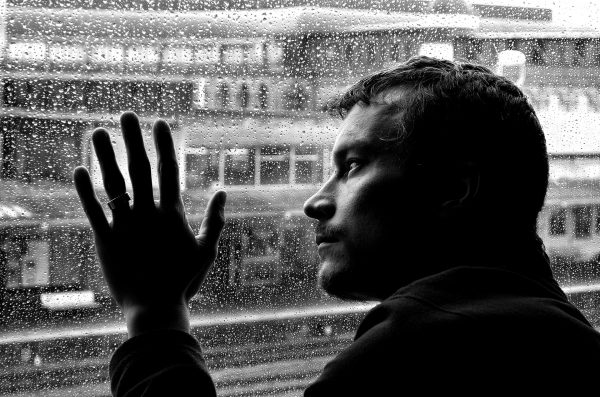Hungry lonely brains
Hungry lonely brains

When hungry, not only our bodies long for food, our brains do too. And it appears that when it comes to social interaction, a similar thing happens. Social deprivation leads to a brain angry for social contact.
A recent study [Livia Tomova et al (2020) Acute social isolation evokes midbrain craving responses similar to hunger Nature Neuroscience doi: 10.1038/s41593-020-00742-z[/footnote] in Nature Neuroscience, led by neuroscientist Livia Tomova, showed that after a day of social deprivation, the brains of the participants lighted up when seeing pictures of people and human reunions, as much as they did looking at pictures of sugary foods when starving.
Forty participants spent 10 hours during one day without food, and at the end were shown pictures of chocolate cake or pizza. As hungry as they were, their brains, particularly, their substantia nigra pars compacta and ventral segmental area, were very excited to see those pictures.
Now, if you substitute lack of food for lack of human contact, the participants spent 10 hours in isolation –without access to social media, of course–, and afterwards when shown pictures of people just talking or spending time together, the same brain regions as when hungry also fired.
What is important to note is that the stronger the hunger or the social isolation experimented by the subjects, the higher the activation of these brains areas in the midbrain.
Interestingly, however, in those people who were generally lonelier, the responses were not as high. Although there is no clear explanation as to why, it might be that social isolation does not affect them that much because they’re sort of used to it.
Neurons in the midbrain, and specifically the substantia nigra pars compacta and ventral segmental area produce dopamine, which is the neurotransmitter associated with pleasure and addiction, among other functions, are also active when presented with food, drugs, social cues or any other reward-producing type of stimulus, because you don’t need to be hungry to eat, or feel lonely to seek a friend. But deprivation made them simply more active and more specific.
Now, if we focus on the global situation we’re experiencing due to COVID-19 with general lockdowns all around the globe, we might be facing a pandemic of social isolation of yet unknown psychological and physical consequences.
2 comments
Craving for Meeting and Talking to New People;
Thank you for your interesting article.
Last night I was on my usual evening walk when somebody stopped me for just a few minutes to ask for direction. After we separated my mind kept coming back to the incident all the way to the far end of my walk and back to my house. My thoughts revolved around the wish to have sat with that person and just talked about life in general. This made me reflect that I have not sat with a complete stranger to have this kind of friendly conversation for the past two years, which made me wonder if humans do manifest such innate hunger for such conversations when they are deprived from having them.
This morning, I serendipitously came across your article about the “Hungry Lonely Brains”.
I wonder; could there be such hunger?
Having such hunger might provide one with an evolutionary advantage. Those who have such hunger will seek to meet new people from whom they would learn new things which might be useful for survival and success in life in general.
[…] sozialentzat gosearen antza du bakardadeak. Hungry lonely brains Rosa […]